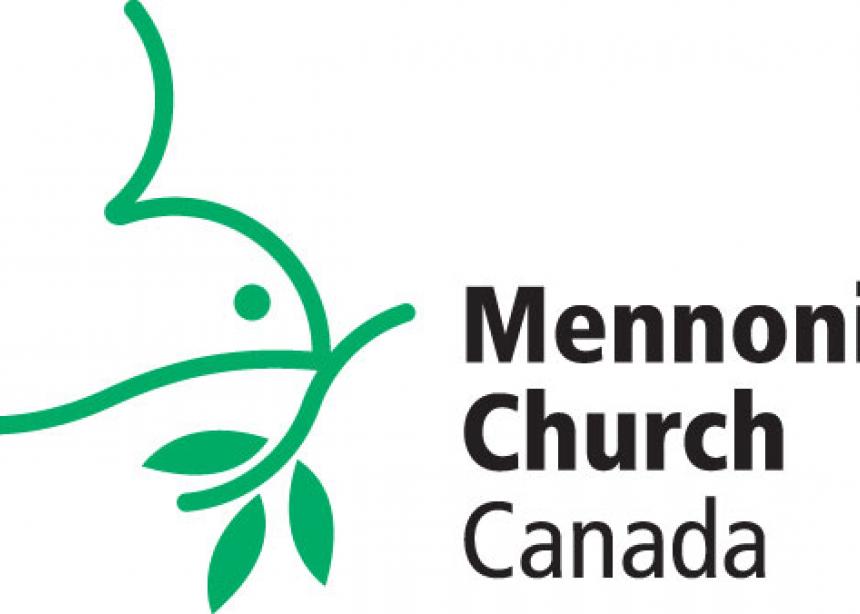Path #3: Scripture already interprets scripture
By Robert J. Suderman
For the Being a Faithful Church Task Force
“Scripture already interprets Scripture. It is very important to pay close attention to this inter-textual interpretation because this already gives us essential clues in the ways we need to understand how various passages relate to each other.”
This is wise counsel. It recognizes that the Bible is not a “flat” book. Each verse and story gains meaning in relationship to other verses and stories. The church, in its wisdom, has collected a “canon” of literature that all together has been understood to be an authoritative source for Christian faith and life. This means that it behooves us to be alert to the ways in which different parts of Scripture relate to each other.
Many examples could be given. One is the appropriate understanding and the proper use of power as God’s people relate to each other and to the world. This concern relates to family, marriage, community, and nation. Multiple voices speak to this concern; sometimes they nuance what other voices have said before them. This has raised the questions related to the use or rejection of violence in the life of discipleship. It has also raised questions about the best way to structure and organize the life of the church. Another example is the concern about inclusion and exclusion in the life of God’s people. Whereas Deuteronomy 23:3 teaches that “No Ammonite or Moabite shall be admitted to the assembly of the Lord,” Matthew includes the Moabite Ruth in the genealogy of Jesus the Messiah.
What makes these scriptural connections even more interesting and complex, is that it is not simply a matter of chronology, i.e., the last voice is not necessarily the definitive voice. If that were the case, we could simply do away with the Old Testament, or the letters of Paul. But this is not necessarily the case and, again, it behooves the Christian community to be alert to the mind of God as revealed in Scripture. For some, these inter-textual relationships may seem daunting and frustrating, and might prefer something simpler. But God, through the Holy Spirit, has determined that this kind of Scripture is best for us. It is a record of God’s presence with God’s people and the world. Both the good and the bad are included, as unsavoury as it may seem to us at times. Scripture does not avoid the realities we experience. It does provide counsel and wisdom to be faithful within our realities as it did to the people of old. God blesses our capacity for discernment and it is an honour to be part of God’s people gifted in this way.
Path #5: Consider the entire canon of scripture
By Andrew Reesor McDowell, Co-chair, Being a Faithful Church Task Force
“It is important to take the entire canon of Scripture as our base of operations for healthy hermeneutics. The fact that Scripture already interprets Scripture compels us to use the whole of Scripture in order to better understand each part.”
Douglas B. Miller, writer of the Ecclesiastes (the Believers Church Bible Commentary), writes that the basic theme of Ecclesiastes is that “… life brings the unexpected, the tragic, and the confusing—and (readers) have found in the author a trustworthy companion for walking through such experiences.” Ecclesiastes “may be the most personal book of the Bible, revealing the author’s frustrations, indignation and reflections on mystery.”
Miller nicely outlines how Ecclesiastes, “reflects a contentious conversation with traditional wisdom,” (page 244) and gives the following examples:
- Proverbs makes high claims for wisdom, something worth the discipline necessary to attain while [Ecclesiastes] emphasizes the limits and pain of wisdom which can never guarantee safety, success or the respect of others;
- Proverbs praises diligence while [Ecclesiastes] emphasizes the hardship and futility of toil;
- Proverbs anticipates a glorious life for the wise and righteous and destruction for the foolish and wicked while [Ecclesiastes] insists that all people die regardless of their character and that the wicked sometimes thrive;
- Proverbs stresses the importance of timeliness and is particularly confident that those who speak wisely will achieve success or bless others whereas [Ecclesiastes] questions whether discerning the appropriate moment give humans an advantage and is sensitive to the limits of speech.
- Proverbs and Psalms had a creed that the wise and righteous live on through the memory of others though the wicked are forgotten whereas [Ecclesiastes] insists that the dead are not longer remembered.
By taking the entire canon of Scripture in Biblical interpretation we can benefit by the conversations that happen among the writers of what has been called the Wisdom literature of the Old Testament (Psalms, Proverbs, Job and Ecclesiastes). In addition to listening in on the conversation among the wisdom writers, we then include what the New Testament writers say regarding the difficult questions of life and see for example in the life, death and resurrection of Jesus and how he trusted God in spite of pain, humiliation and lack of immediate success in this life.
Listening in on these conversations and then making application to our lives as congregations and individuals is an exciting and awesome task.
--Posted Oct. 24, 2012
Others in the series:
Part 1- Being a faithful church: The paths and ditches of biblical interpretation (Oct. 15, 2012 issue)
Part 3- The paths and ditches of biblical interpretation (Nov. 12, 2012 issue)
Part 4- The paths and ditches of biblical interpretation (Nov. 26, 2012 issue)
Part 5- The paths and ditches of biblical interpretation (Dec. 17, 2012)
Part 6- The paths and ditches of biblical interpretation (Jan. 7, 20, 2013)




Add new comment
Canadian Mennonite invites comments and encourages constructive discussion about our content. Actual full names (first and last) are required. Comments are moderated and may be edited. They will not appear online until approved and will be posted during business hours. Some comments may be reproduced in print.